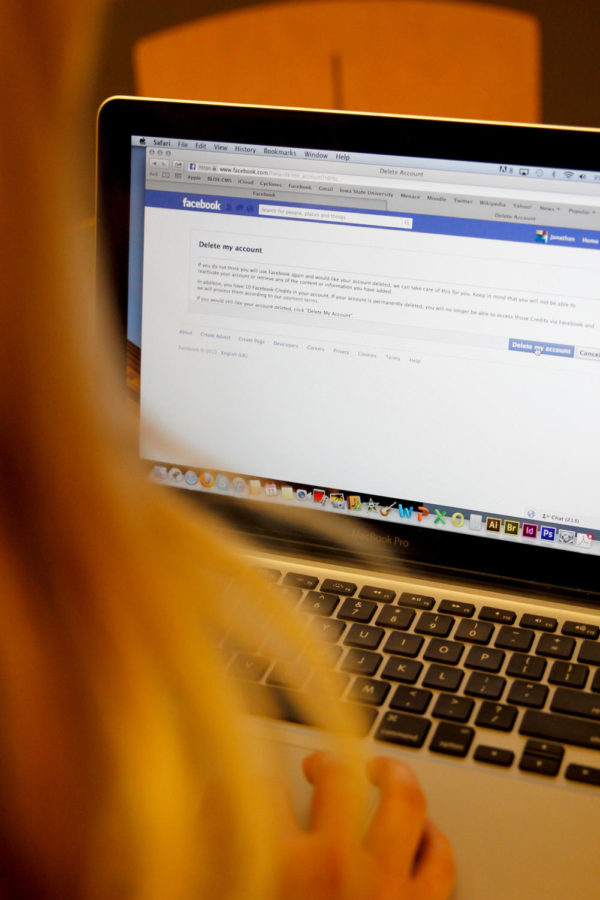Editorial: The known unknowns
The novelty of Facebook has definitely waned and usefulness of it may have passed its prime as well. There could be less Facebook traffic if there aren’t any incentives to log on.
March 29, 2018
In 2002, former U.S. Secretary of Defense Donald Rumsfeld famously explained the dangers of the “unknown unknowns.” While answering a question about the relationship between the Iraqi government and the use of weapons of mass destruction by terrorist organizations, Rumsfeld laid out three categories for classifying threats and intelligence: the known knowns, the known unknowns, and the unknown unknowns. His logic followed that the greatest threats to any free state are the things that the state doesn’t even know is a threat.
It would now appear that a previously unknown unknown threat to our democracy has shifted categories and joined the ranks of the known unknowns. Few people knew about Cambridge Analytica until the Guardian released a report explaining how data from 50 million Facebook profiles were used by Cambridge Analytica to influence elections around the world. The story intensified when Facebook’s CEO Mark Zuckerberg admitted Facebook made a mistake in not better protecting users’ data.
More recently, whistle-blower and co-founder of Cambridge Analytica Christopher Wylie testified to a select committee of the House of Commons about the inner workings of the agency and its parent company SCL Elections.
In his testimony he makes bold claims about the motives and successes of his former employer. Wylie even asserts that the outcome of the UK referendum on its status with the EU, commonly called Brexit, was swayed because of the work his former company did.
While we cannot corroborate Wylie’s claims and may never know if the outcome of any election was changed due to Cambridge Analytica, we can express our concerns. To date, Cambridge Analytica has worked on over 100 elections in more than 30 countries. U.K. officials have been conducting interviews with employees of the firm and executed a search warrant at the company’s headquarters.
It is clear this is just the beginning of an important investigation.
We now know just how much we don’t know about how big data and personal data can be used to influence public opinion and free elections. Now is the time for our elected officials to commit to securing the integrity of our election system. From the Russian interference in our 2016 election to the unconstitutional gerrymandering of congressional districts to Cambridge Analytica, there are very valid concerns regarding the strength of our democracy. We must demand answers or risk falling victim to Rumsfeld’s unknowns.
















